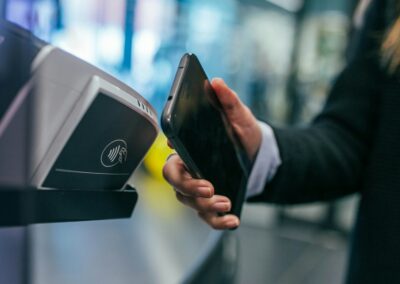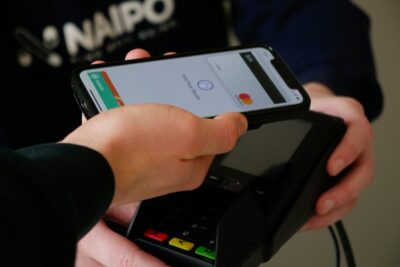Addressing Regulatory Considerations for Seamless International Transactions
Understanding the Complex Regulatory Landscape
The primary regulatory challenge of using blockchain for cross-border payments lies in navigating the complex and varied regulatory landscapes of different countries. Blockchain technology, with its potential to revolutionize international transactions, operates in a relatively new and evolving legal environment. For business executives and entrepreneurs in Saudi Arabia and the UAE, where financial innovation is encouraged, understanding these regulatory complexities is crucial. Each country has its own set of regulations governing financial transactions, and the decentralized nature of blockchain can complicate compliance.
In regions like Riyadh and Dubai, where financial markets are rapidly developing, the challenge is to align blockchain practices with existing legal frameworks while fostering innovation. Regulatory bodies in these regions are actively working to create guidelines that balance innovation with security and consumer protection. For instance, the Saudi Arabian Monetary Authority (SAMA) and the Dubai Financial Services Authority (DFSA) have been exploring blockchain’s potential and establishing regulations to govern its use. By engaging with these regulatory bodies and understanding their requirements, businesses can better navigate the legal landscape.
To address these regulatory challenges, businesses should prioritize compliance and transparency. Implementing robust compliance programs that align with local regulations can help mitigate legal risks. Additionally, leveraging legal expertise in blockchain technology can provide valuable insights into regulatory requirements and help ensure that blockchain implementations adhere to all relevant laws. In dynamic markets like Saudi Arabia and the UAE, where regulatory frameworks are still being defined, proactive compliance is essential for the successful adoption of blockchain for cross-border payments.
Ensuring Data Privacy and Security
Another significant consideration in using blockchain for cross-border payments is ensuring data privacy and security. Blockchain technology inherently offers a high level of security due to its decentralized and immutable nature. However, the use of blockchain for financial transactions involves handling sensitive information, and regulatory requirements for data privacy vary across jurisdictions. For businesses operating in Saudi Arabia and the UAE, where data protection is a key concern, ensuring compliance with data privacy laws is critical.
Both Saudi Arabia and the UAE have stringent data protection regulations. For instance, the Saudi Data and Artificial Intelligence Authority (SDAIA) and the UAE’s Telecommunications Regulatory Authority (TRA) have established guidelines to protect personal data. Businesses using blockchain for cross-border payments must ensure that their systems comply with these regulations. This includes implementing measures such as data encryption, secure key management, and access controls to protect sensitive information.
Moreover, the use of blockchain should align with international data protection standards, such as the General Data Protection Regulation (GDPR) in the European Union. By adopting best practices for data privacy and security, businesses can build trust with their customers and regulatory authorities. In regions like Riyadh and Dubai, where consumer trust is paramount, demonstrating a commitment to data protection can enhance the reputation of businesses and facilitate the adoption of blockchain technology for cross-border payments.
Promoting Interoperability and Standardization
Interoperability and standardization are also crucial challenges in the use of blockchain for cross-border payments. Different blockchain platforms may have varying protocols and standards, making it difficult to achieve seamless integration and interoperability. For businesses in Saudi Arabia and the UAE, where cross-border transactions are common, ensuring that blockchain systems can work together is essential for efficient and effective payments.
To address this challenge, businesses and regulatory bodies must collaborate to develop and adopt common standards for blockchain technology. International organizations such as the International Organization for Standardization (ISO) are already working on creating standardized protocols for blockchain. By participating in these initiatives, businesses in Riyadh and Dubai can help shape the development of interoperable blockchain systems that facilitate cross-border payments.
Additionally, the adoption of open-source blockchain platforms can promote interoperability. Open-source platforms allow for greater transparency and collaboration, enabling different systems to work together more seamlessly. By leveraging open-source solutions and adhering to established standards, businesses can overcome interoperability challenges and ensure that their blockchain systems are compatible with others. In the interconnected markets of Saudi Arabia and the UAE, where cross-border trade is vital, promoting interoperability and standardization is key to unlocking the full potential of blockchain technology for international payments.
—
#RegulatoryChallengesOfBlockchain #BlockchainRegulation #CrossBorderPayments #Fintech #BlockchainChallenges #SaudiArabiaTechnology #UAEFinance #RiyadhBlockchain #DubaiFintech























